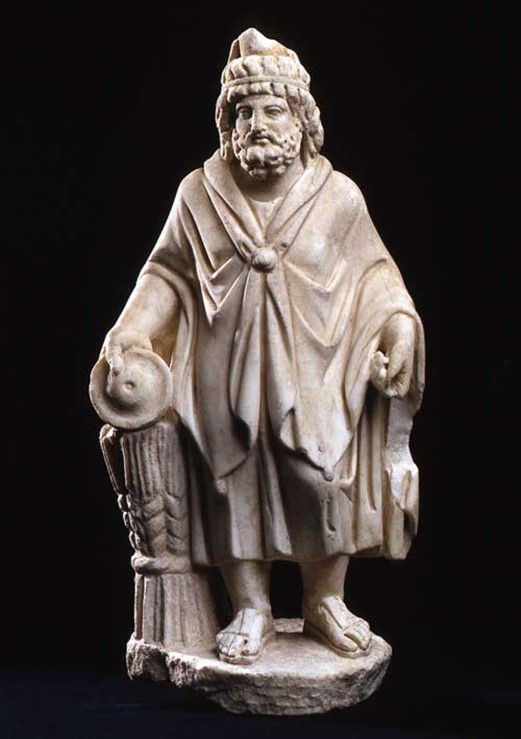

The aim of this project will be to investigate the nature and impact of Roman imperialism on the frontiers of North Africa (specifically the Maghreb), especially in considering the role of Roman imperialism on the political economy of the region and its impact on both pre-existing communities and the formation of new communities in the provinces. The notion of frontier is wide-ranging and is inspired by Border Studies, and considers the impact of the frontier in community-formation at both the border and the provincial cores of the Roman Maghreb. The project will investigate changes in the material record in urban and rural settings as a consequence of the imposition of the imperial structure on the frontiers. The project will consider changes in the material culture and political economy of the region and its impact on ritual activity, and seek to contextualise ritual activity in the context of pragmatic Roman imperialism. Recent work in Roman North Africa has demonstrated differences in urban, rural and military expressions of ritual and religious activity, and this project will aim to situate these differences in the overall imperial structure, arguing that pragmatic Roman imperialism was the causal mechanism by which these differences emerged.
Furthermore, the project will also assess the history of research in Roman North Africa more generally, the impact of postcolonial theory, decoloniality and archaeological theory more generally on different research programs in Roman North Africa and how we should understand the theoretical program of Roman archaeology in the context of both theory in Africa, and archaeological theory more broadly.
Funder
McDonald Institute for Archaeological Research


